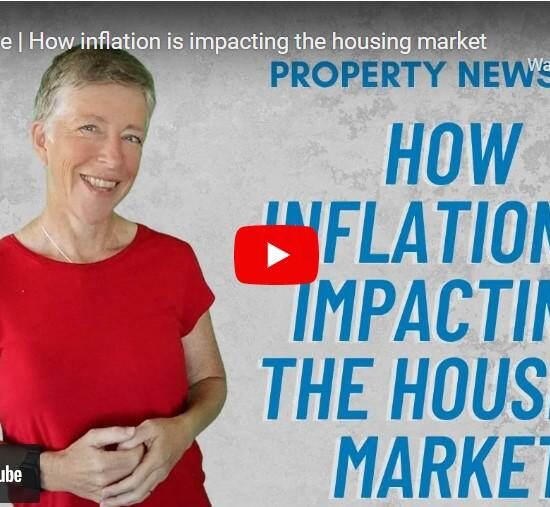
By Tina Howes, Mortgage & Finance Advisor – SmartMove
Buying a property in a trust? Is it common? Not really, but it is something we see from time to time.
More often than not, it’s from my self-employed clients that have received advice from their accountants or financial advisors to do so.
Typically, this is amongst professionals that have some element of risk to being sued as part of their livelihood, such as doctors and lawyers.
Putting aside any tax benefits or risk protection reasons, I will outline below what it means from a finance perspective.
Limited lender options
Most lenders will not lend to a trust. They are deemed to be complex and require a certain level of expertise. It is likely that you will end up at a major bank as they tend to have the most flexible policies and smoothest processing on these types of loans. As such the interest rate may not be the most competitive as generally the major lenders are slightly more expensive than smaller lenders.
The pricing may not be the same as for a personal borrower and include more costs due to the guarantee documents and trust perusal from the lender. Some lenders won’t allow a professional package discount or offset account feature.
The trustee company in most instances cannot be trading. So, you can’t use a company that has a business also trading through it. Some banks will even deem receiving dividends or trust distributions from another trading business to be trading. While you will find a lender, your options will be limited, which has issues.
Borrowing capacity
Your borrowing capacity with most lenders will be less due to the exclusion of negative gearing on a trust. This is because trusts don’t have negative gearing benefits to apply to your personal income.
This is only really relevant if you are looking to borrow at your maximum and in this situation. you will have less capacity than borrowing in personal names due to the negative gearing benefits that can be applied to the individual.
Worth noting, once a trust loan is in place, some lenders will exclude the trust (income and debt) from their overall servicing equation, which may actually enhance your borrowing capacity. This is a fairly niche offering, however, which could change at any time, so I wouldn’t buy in a trust purely for this reason.
Time for assessment
The complexity of these loans will generally mean it will take longer to get your loan approved. It may require a business banker or private banker to assess the application, which in itself can add time to the process.
Cost
The costs to set up the trust and manage the trust is also something to keep in mind. If it’s purely to purchase an investment property and the proposed tax savings are negligible, question whether it makes sense as the costs will eat into your overall return from your investment.
If you are considering purchasing a property in a trust, feel free to reach out further to discuss.

Disclaimer: This article contains information that is general in nature. It does not consider the objectives, financial situation or needs of any particular person. You need to consider your financial situation and needs before making any decisions based on this information. This article is not to be used in place of professional advice, whether in business, health or financial.






